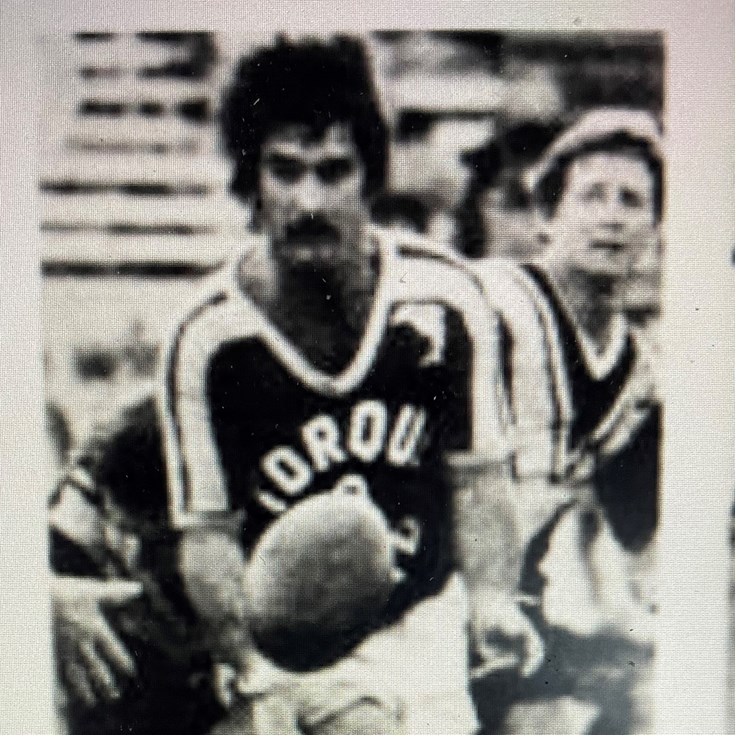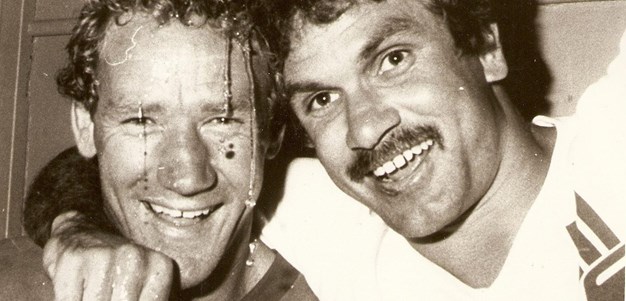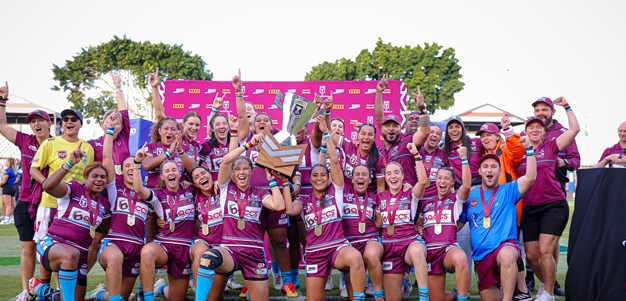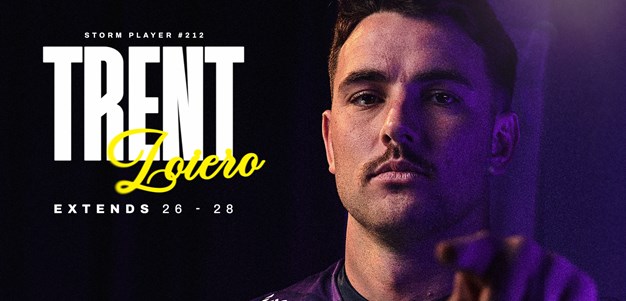

RUGBY league historian Mike Higgison provides a regular column in the official programme of the Intrust Super Cup – Rugby League News. This week’s column is a tribute to the great prop forward Duncan Hall.
A hard-as-nails 80-minute competitor, but with silken ball skills, Duncan “Dunc” Hall was a leader among men at every level of the game. Achieving unprecedented club, intercity, interstate and Test honours, Hall was selected in the Central Queensland, Queensland, and Australian teams of the century in 2008, in a front row which also included Arthur Beetson and Noel Kelly. He will not only be remembered as one of the greatest players of all time, but also a hardened competitor, leader, manager, coach, mentor, and just a downright good fella.
Born Douglas Hockins from Clermont in 1925, he assumed the surname of the Duncan family who had raised him, then later the surname of his mother Nell’s marriage to Bill Hall. Moving to Rockhampton, he played rugby league at school level, before being graded into Brothers top grade prior to his 18th birthday.
Hall was an instant hit (in more ways than one), as Brothers streaked the field in Rockhampton with three premierships in four years, while earning the ire of referees as a tough country boy who didn’t mind playing it tough. It was in these early days that Hall developed his mettle to never back down.
While representing Rockhampton and Central Queensland in 1947 as a raw-boned backrower, Hall caught the eye of Brisbane and state coach Firpo Neumann, who subsequently lured him to his Brisbane club side Valleys, with a view to furthering his football career.
Under the astute eye of captain/coach Dick Ebbern and club official Neumann, Hall’s club performances earned him immediate selection in Hughie Melrose’s champion Brisbane Bulimba Cup team, which also included Bob Bax, Bill Tyquin and Mick Crocker. Hall consequently made the state and test sides by age 23, before being selected for the 1948/49 Kangaroo tour where he played 21 matches. In his two years at Valleys, he not only took the Diehards from cellar-dwellers to finalists, he learnt his trade of intense 80-minute forwards football.
Taking the reins as contracted captain/coach of Home Hill in the state’s north in 1950, Hall played Foley Shield football before being selected for North Queensland. It was in this game against Brisbane where legendary commentator George Lovejoy, described a try scored by Hall, as easily the most spectacular he had seen in 20 years of calling the game.
It was also this game where a ferocious decade-long rivalry between Hall and the great Brian Davies was born. Although playing in North Queensland, Hall now also found himself an instant fixture selection in all representative teams, with his on-field leadership around the rucks and deft ball skills a feature.
Transferring to the Toowoomba Newtown club in 1951, Hall captained the winning Toowoomba Bulimba Cup team which contained the likes of Kev Boshammer, Des McGovern, Ken McCaffery, Bobby Banks and the Teys brothers. Consequently, he again found himself head-to-head with Davies in the Bulimba Cup competition. However, with Davies as his other prop, the Qld forward pack dominated their NSW counterparts that year, with Queensland winning the interstate series for the first time in a decade.
His performances during the series earned him the JG Stephenson trophy as the most serviceable player for Queensland. Hall’s 1952 form then saw him selected for his second Kangaroo tour, where he played 25 tour matches. Hall’s “no frills” style made him a danger man in any Australian side, and he was the catalyst which led Australia to a spectacular 27-7 win at Bradford where he was sensationally sent off following a series of ferocious second-half brawls. Police were subsequently required to escort him to the dressing rooms.
Upon returning to Australia, ongoing injuries saw Hall sit out the 1953 season and contemplate retirement. By now, Hall had a number of Sydney clubs chasing his signature, but a 12-month transfer ban placed on state players had prevented him heading south. As somewhat of a forgotten entity by 1954, the powerful Wests club in Brisbane snapped up the rugged prop. Under coach Ack Jones, Hall teamed up with a young Alex Watson, Ken McCrohon and Eric Bishop, revelling in the tough Brisbane competition.
Playing against tough opposition week-in, week-out saw Hall play perhaps the best football of his career, winning the club premiership, minor premiership and Pike Cup, captaining the Brisbane Bulimba Cup team, playing in the inaugural World Cup, and being awarded the Gunner McCook trophy as Brisbane’s best & fairest player. Hall eventually finished his state and Test careers in 1955, having played 22 Tests, 24 games for Queensland, 46 Australian tour matches and more than 100 other representative matches.
Captaining Wests to a grand final and two preliminary finals in the next three years, Hall always remained the first player selected, and captain, for all representative teams. He then became captain/coach of Brisbane in ’56, before earning the same role again in ’57 for both Wests and Brisbane.
Playing nearly 100 games for Wests, he will infamously be remembered for leading a Wests walk-off during the 1956 semi-finals against Brian Davies’ Brothers team at the Gabba, in a protest against referee Col Wright. Hall always stood by his convictions. Hall always claimed his battles with Brian Davies, always brought out his best, and he humbly rated Davies the best forward he ever saw. Their bloody battles against each other were simply the stuff legends are made of.
Retiring in 1957, Hall then coached Wests to the minor premiership and yet another preliminary final in 1958. In later life, he co-managed the 1977 Australian World Cup team, and the first Queensland Origin team in 1980.
In 2000, he was awarded the Australian Sports Medal, before being admitted into the ARL hall of fame in 2006. In 2007, the Duncan Hall medal was also instituted for the best player in the QueenslandCup grand final. The great Duncan Thompson lauded Hall as the ultimate footballer, with the perfect balance of brains and brawn … and with a record like Duncan Hall’s, who could argue?




